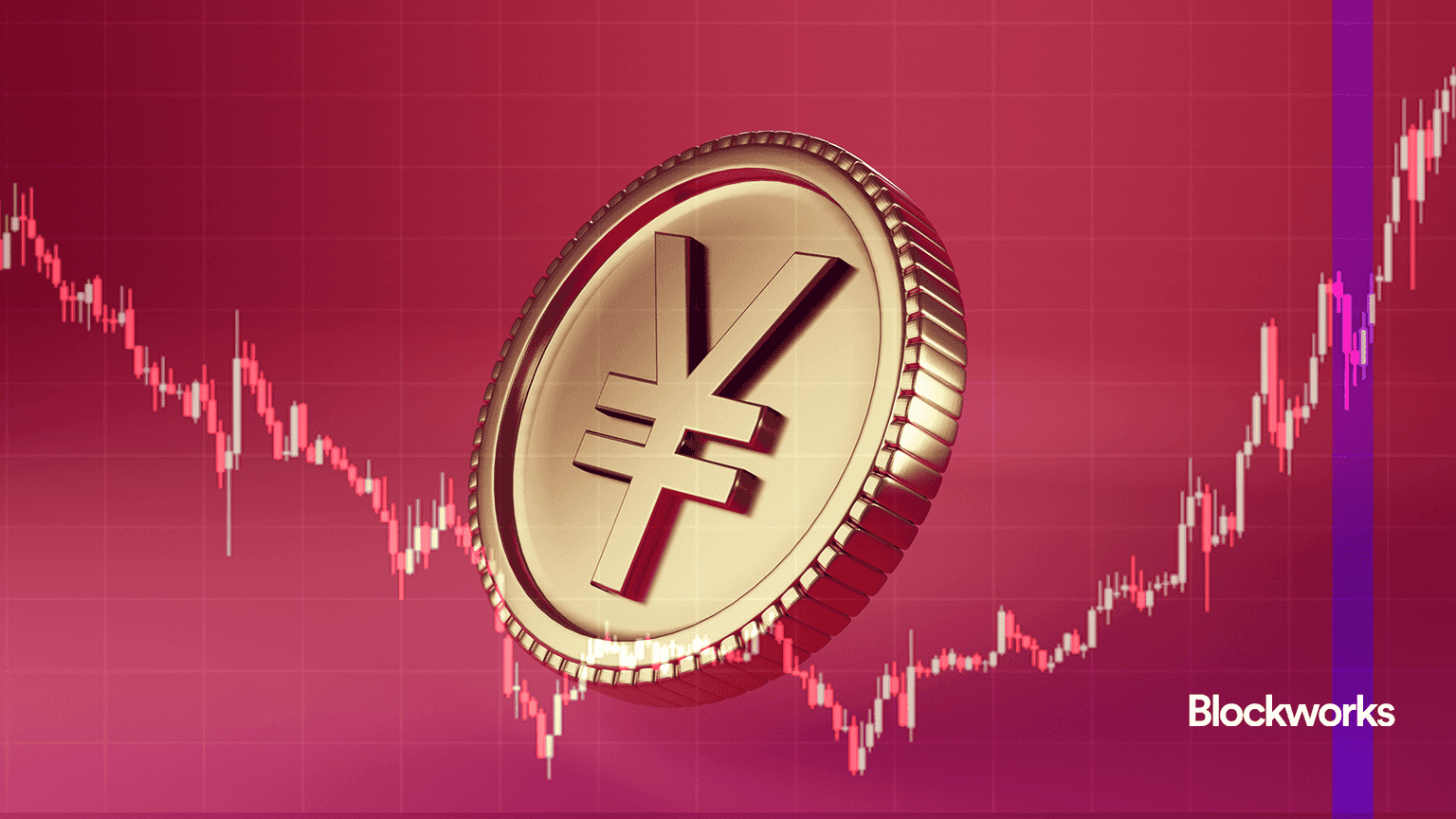HKMA wraps up phase one of CBDC trial
It still remains unclear if Hong Kong will seek to introduce e-HKD, the retail version of its CBDC

Mc_Cloud/Shutterstock modified by Blockworks
Hong Kong wrapped up the first phase of its CBDC pilot according to a report on Monday.
However, it’s still unclear if Hong Kong will seek to introduce e-HKD, the retail version of its CBDC.
Despite the uncertainty, the project highlighted potentially “unique” areas including atomic settlement, tokenization and programmability.
The project found that the programmability of the CBDC may be able to “improve customer protections and promote trust” between businesses and consumers through smart contracts.
A “retail escrow product” was floated and tested by the China Construction Bank Asia and Hong Kong’s Bank of China. Essentially, consumers could put a prepayment in escrow for a good or service, and the funds would be distributed automatically upon completion of the service. CCB ran a similar test on subscription models, though it included a “refund mechanism.”
As for tokenization, not only could banks introduce tokenized deposits, basically the CBDC version of bank deposits, but there are benefits for retail users as well.
“When applied appropriately, tokenisation could enable asset owners to access marketplaces with increased liquidity, efficiency and transparency compared to conventional marketplaces,” the project wrote.
Atomic settlements allow for immediate transfer and settlement of assets. By ensuring that digital transactions are made and finalized quickly, the project believes that more businesses could utilize digital payments rather than cash.
Read more: StanChart’s Zodia Custody set to navigate Hong Kong’s crypto market
“The pain point of ‘last mile’ payment processing is the result of business, operational and technical factors. Whilst new technologies can facilitate the development of faster, more efficient processes, there is a crucial need for business stakeholders and intermediaries to review and align their processes and operational norms,” the Hong Kong Monetary Authority wrote.
The project tested using distributed ledger technology, while also weighing “non-DLT based designs.”
It has yet to settle on one specifically, noting that it could both utilize a DLT or build a design without one. While the HKMA notes that the program needs to weigh how a DLT could support use cases and scale, it did note that incorporating a DLT could be better for interoperability.
However, the project is concerned about possible hiccups with transactions.
“A non-DLT based design may also be easier and more cost-effective to run and govern as it is more aligned with today’s conventional payment systems,” the HKMA wrote.
Get the news in your inbox. Explore Blockworks newsletters:
- The Breakdown: Decoding crypto and the markets. Daily.
- 0xResearch: Alpha in your inbox. Think like an analyst.






